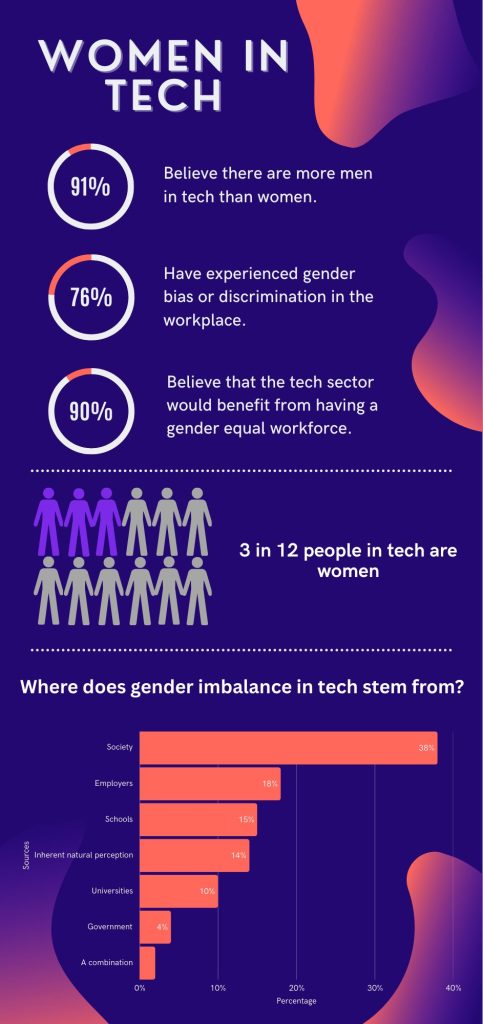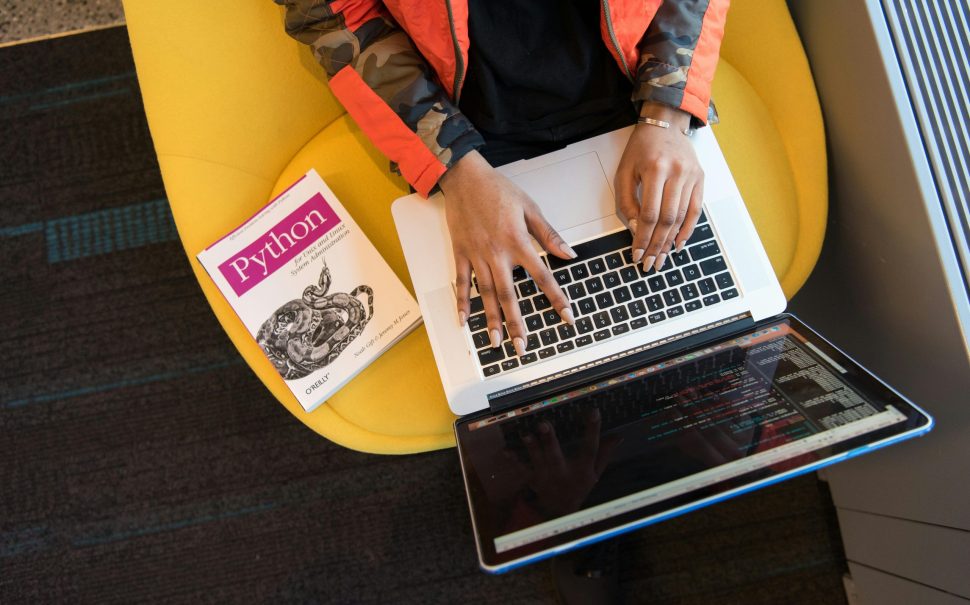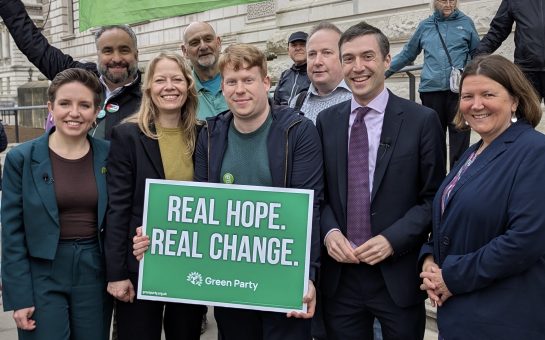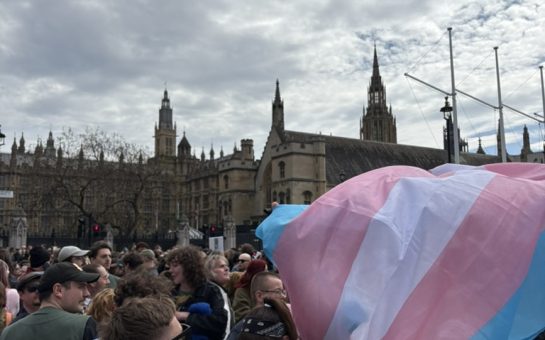A new free women’s coding club launched in Lambeth earlier this month aims to create tech opportunities for women.
Running weekly on Saturdays, this club is just one of many initiatives run by Millennium Community Solutions (MCS) teaching valuable tech skills to those who want to learn, giving access to the right tools and helping build a more inclusive future.
Initially founded in 2021 by Rev. Gail Thompson, MCS provides free coding workshops and digital assistive technology support to individuals of all ages and abilities.
She said: “It doesn’t just start with the workshop itself or the subject matter.
“It also starts with access to the venue. We also take into account people with disabilities and the elderly.
“We have a lot of assistive technology such as tech to help people who have visual problems, and we make sure we have track pads.
“So we cater for everybody.”
MCS teaches programming languages like Scratch and Python which are accessible and widely used in the data science, machine learning, and game development fields.
STEM Women research shows that representation of women in STEM remains low, at just one quarter of the overall workforce, and at the current rate of change, equal representation in STEM won’t occur until the year 2070.
MCS is almost entirely volunteer-led, with only coding tutors paid for their time.
Rev. Thompson added: “Millennium runs on passion and doesn’t run on money.
“Most people involved are there because they want to be.
“None of us get paid, but we don’t want to. We do it because it needs doing.”
There is huge demand for MCS courses and with funding from Lambeth’s Changing Lives Fund, they employ five attendees at the end of their 14-week and 40-week courses.
Their mission is not just in teaching coding but creating opportunities and careers for women.
Organisations like MCS are integral to tackling the gender gap in technology on a community level, with Women in Tech data showing that 90% believe it would benefit the technology sector to have a more gender equal workforce.

Lucy Gore was inspired to learn code by a friend and in 2019 founded Kozi Course, a residential coding course, after being frustrated by the restrictive stereotypes accompanying STEM careers.
Gore said: “I did linguistics and humanities at school, and really enjoyed those subjects, but I wasn’t ever taught that coding could be creative or linguistic in the way that I think it is.
“One of the things that’s really damaging is it’s seen as nerdy and lame.
“The reality is that these people – coders and developers – are ruling the world.
“They are the people that are going to be in charge of all of our livelihoods.”
She added that although she doesn’t work full-time as a software engineer now, she wouldn’t be where she is if she hadn’t gone down the engineering route.
Kozi Course created meaningful opportunities for those that attended, with four now in full time employment and six who interned at digital tech companies within software development teams.
Gore is proud of the course for opening up the world of STEM to people who didn’t fit the mathematics stereotype.
London-based web developer Leo Gilmour faced challenges pursuing a career in tech as a woman.
This isn’t abnormal, with a Women in Tech survey showing that 76% of women working in technology have experienced gender bias or discrimination in the workplace.
Gilmour recalled the sexism she faced at university fairs, conferences and in an early job interview.
She said: “I went to the computer science open day at Oxford when I was looking for what to study, and I was the only girl in the whole room.
“All the other kids stared at me with a sort of disbelief and fascination.”
She was put off by this experience and applied for engineering instead, eventually dropping out and teaching herself to code.
She said: “I’m sure there are lots of women and girls who decide maths, science and computing aren’t for them because they think those subjects can’t be for them.”
Despite these hurdles, she emphasised the importance of community initiatives like the Lambeth women’s coding club and Code First Girls, which provide accessible paths for women and girls to learn coding.
She added: “It’s so important to fill the gap, because we live in a society where if you don’t take the right A-Levels, we’re led to believe that a particular door is closed forever, but that ultimately just isn’t the case.
“You don’t need any special, prerequisite skills to learn how to code.
“It relies on an innate human understanding of logic.”
Featured image credit: Christina Morillo via Pexels.






Join the discussion